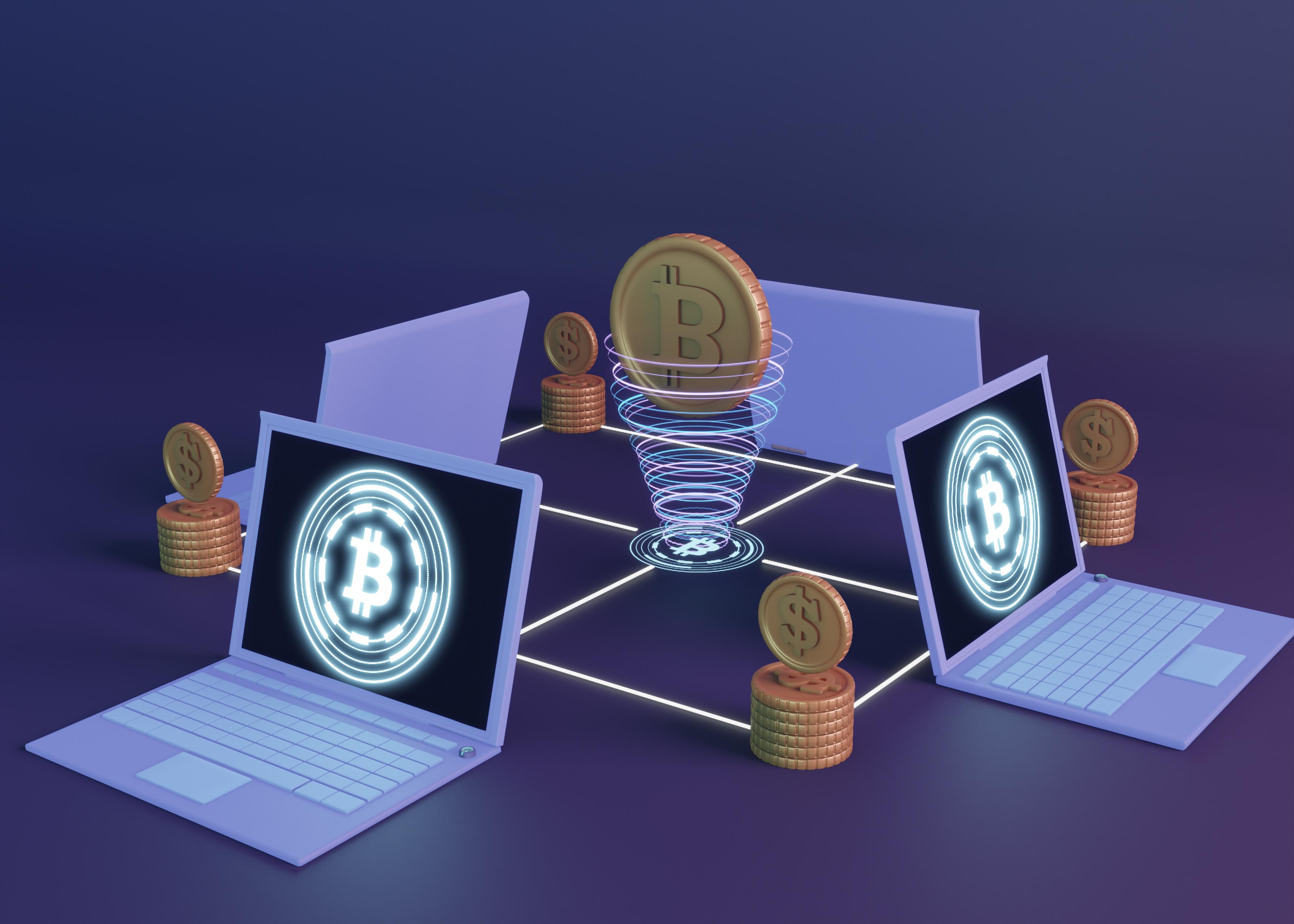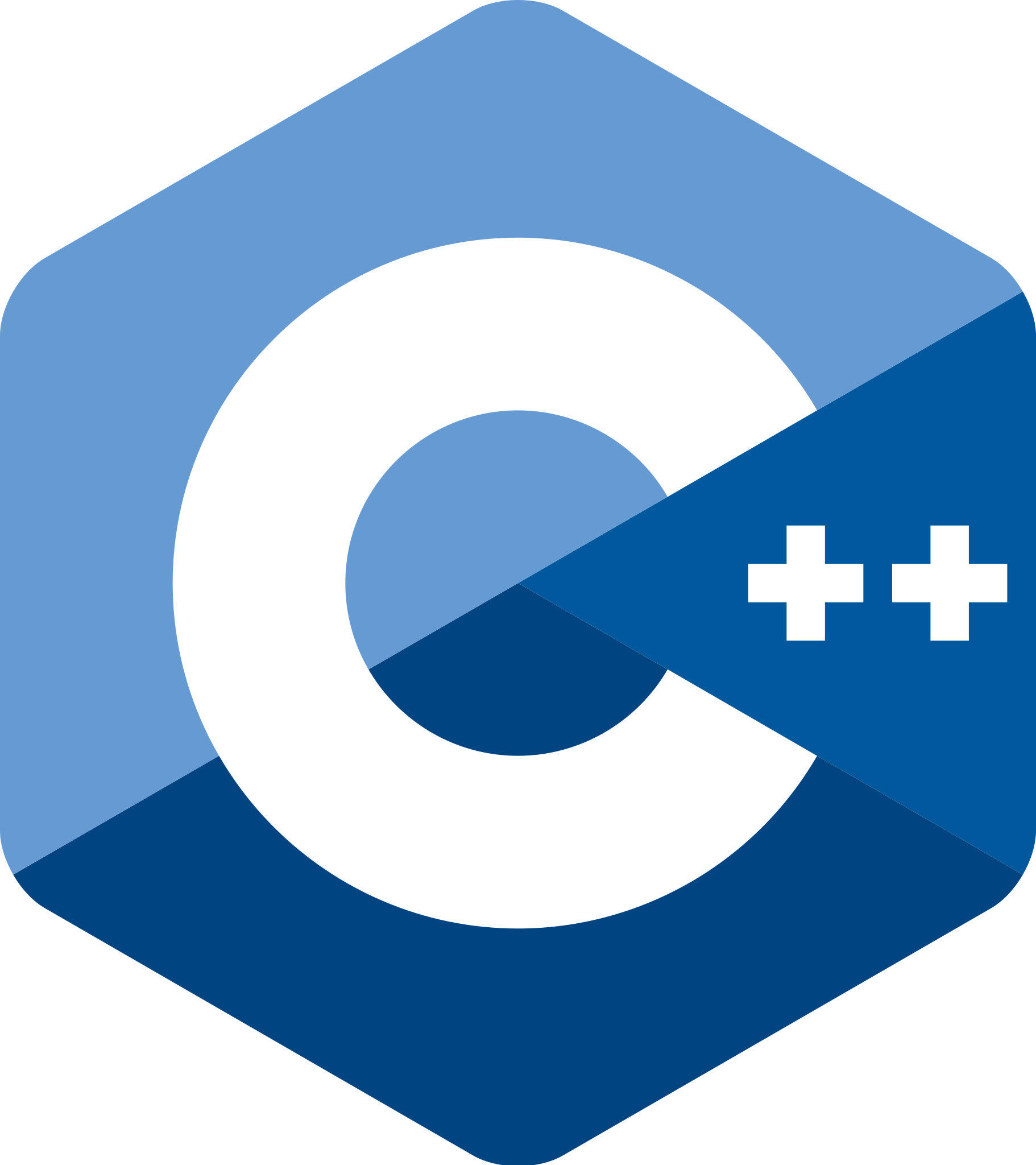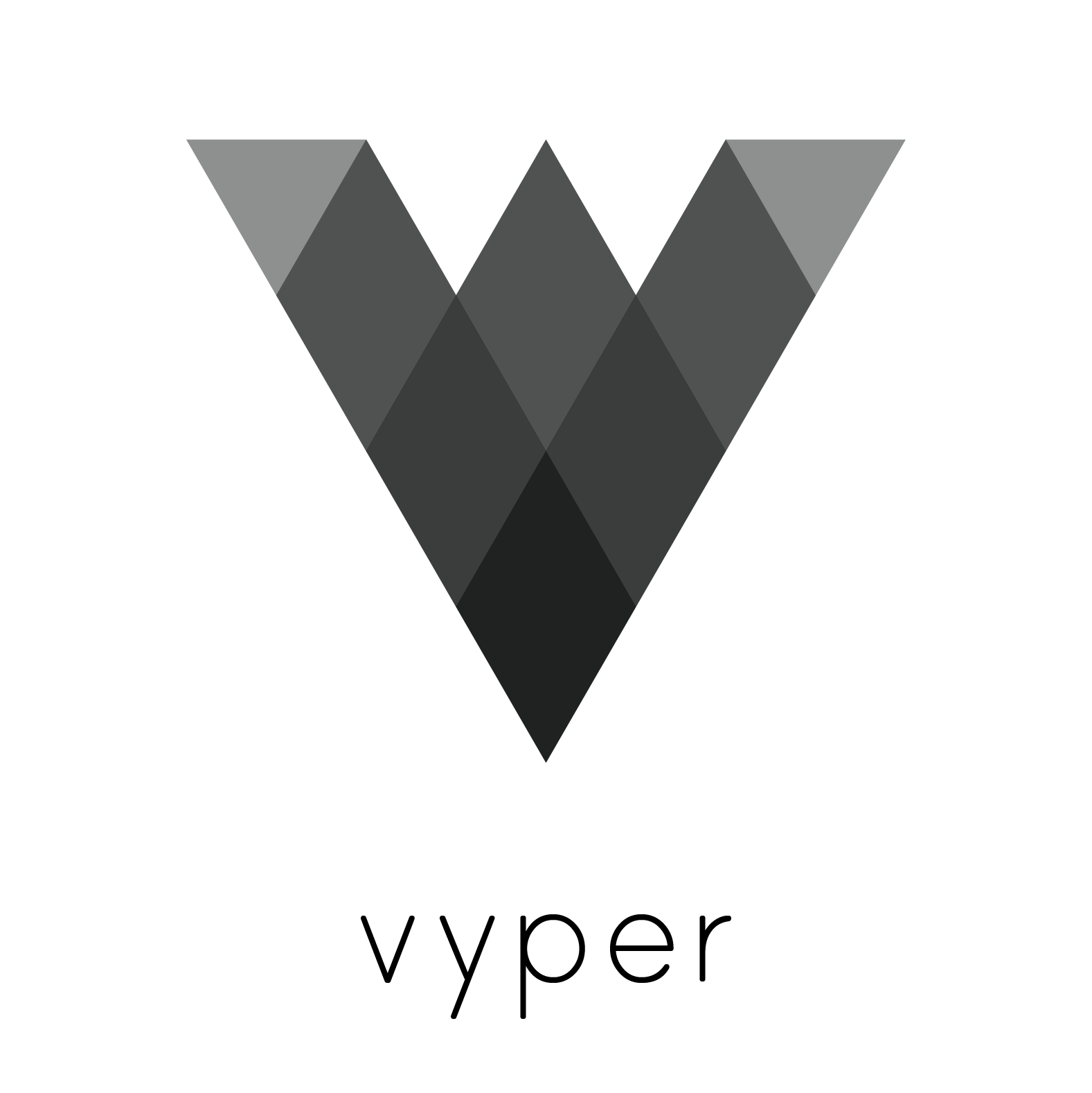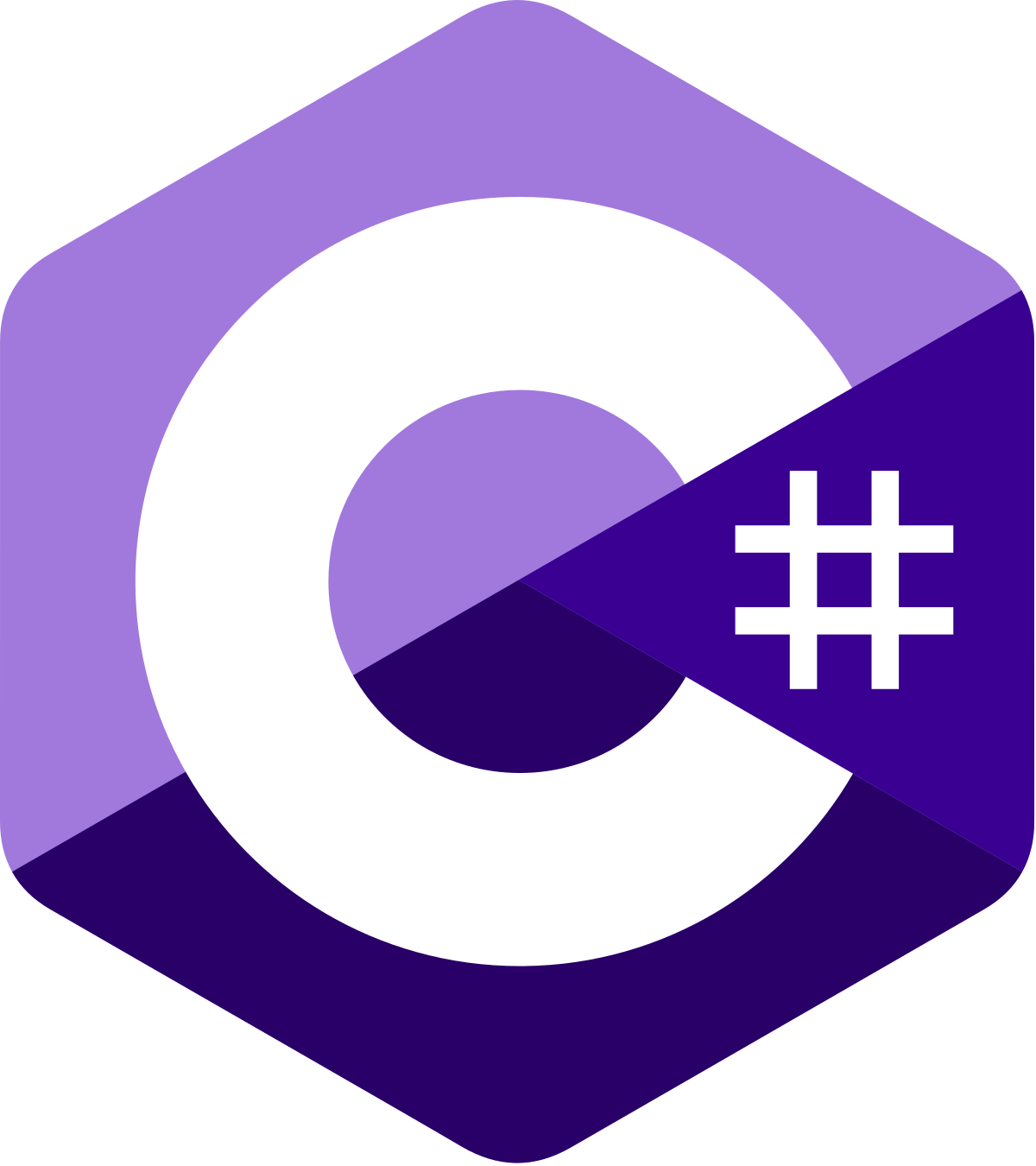Our Global Presence : ![]() India
India ![]() Dubai
Dubai
Whether you want to fork your blockchain to make changes to the governance model, the consensus algorithm, or the block rewards, we can help.

Between 2017 and 2022, there were over 100 notable blockchain forks, indicating a steady interest in this process.
Forked cryptocurrencies have, on occasion, entered the market with substantial capitalization, reflecting investor confidence in their potential.
Forked blockchains often witness increased development activity, with developers continually working on enhancements and innovations.
Notable blockchain forks have given birth to new cryptocurrencies like Bitcoin Cash, Ethereum Classic, and more, each with its own set of features and objectives.
Some blockchain forks, such as Tezos and Decred, have pioneered novel approaches to on-chain governance, allowing token holders to influence network decisions.
Forking allows developers to implement improvements and address shortcomings in the existing blockchain's code. This results in enhanced functionality and performance.
Forks often serve as a means of resolving disputes within blockchain communities. They enable stakeholders to express their preferences regarding network rules and protocols.
Blockchain forks have led to the creation of new and innovative blockchains, each catering to specific use cases. This diversity encourages growth and adoption in various industries.
As blockchain networks grow, scalability becomes a concern. Forks can introduce solutions that enhance the network's capacity to handle more transactions.
Forks can contribute to the decentralization of blockchain networks, reducing the dominance of a single entity and ensuring a more distributed control.
Our Hard Fork services involve a substantial alteration to the blockchain's protocol or code. This type of forking is typically initiated to introduce significant upgrades, enhance performance, or resolve critical issues. Imeta's expertise lies in executing hard forks efficiently, ensuring a seamless transition that aligns with your blockchain's objectives.
Imeta's Soft Fork services aim to implement backward-compatible changes to the blockchain's rules, ensuring the continuity of the existing network while introducing new features or improvements. This method is often chosen when a blockchain community seeks incremental upgrades without causing network division.
We offer Community-Led Fork services that empower stakeholders to express their preferences regarding network rules and protocols. By facilitating transparent and democratic decision-making, we ensure that the community's voice is heard in the evolution of the blockchain.
Our Custom Fork Solutions are tailored to address the unique needs of different industries and use cases. Imeta's team of experts works closely with clients to identify specific challenges and craft bespoke forking strategies, ensuring that the blockchain aligns perfectly with their objectives.
Imeta offers comprehensive Security and Compliance Audits to assess the vulnerability of blockchain networks and ensure they meet industry standards and regulatory requirements. Our audits help identify and rectify potential security gaps, enhancing the overall integrity of the blockchain.
Imeta specializes in Scalability Enhancements through forking, enabling blockchain networks to handle increased transaction volumes efficiently. We implement solutions that enhance the network's capacity while maintaining performance and security.
























